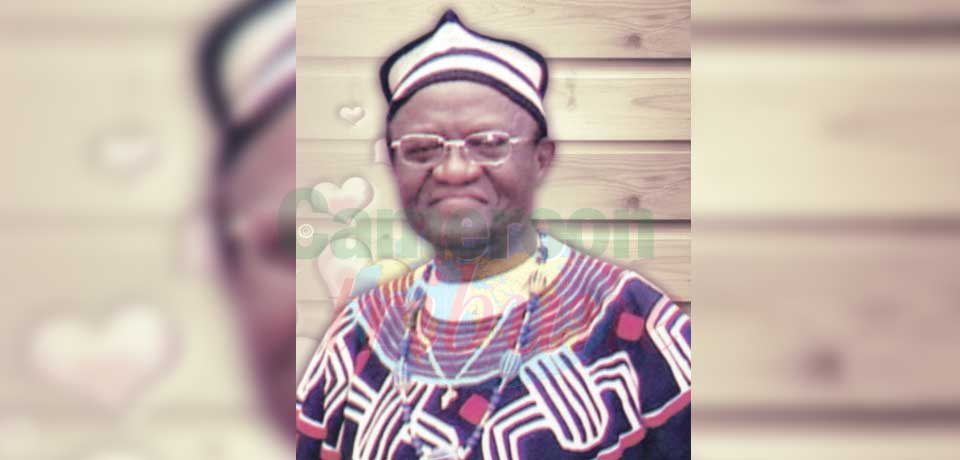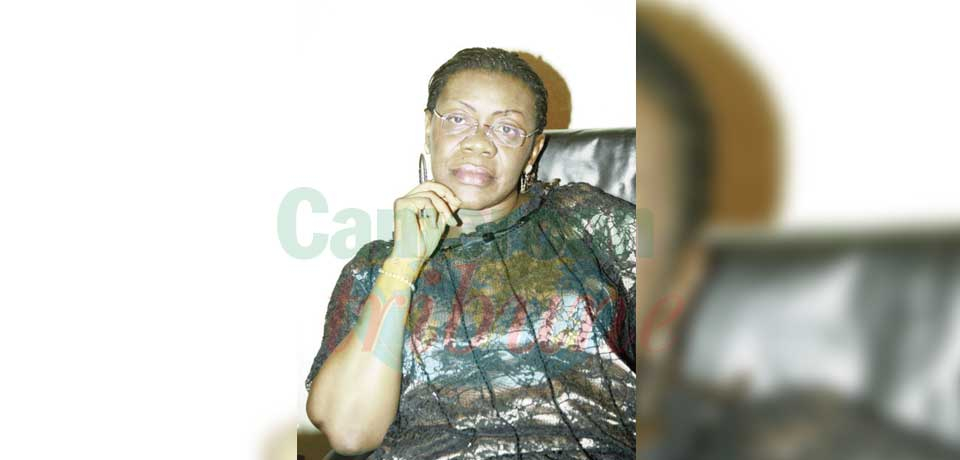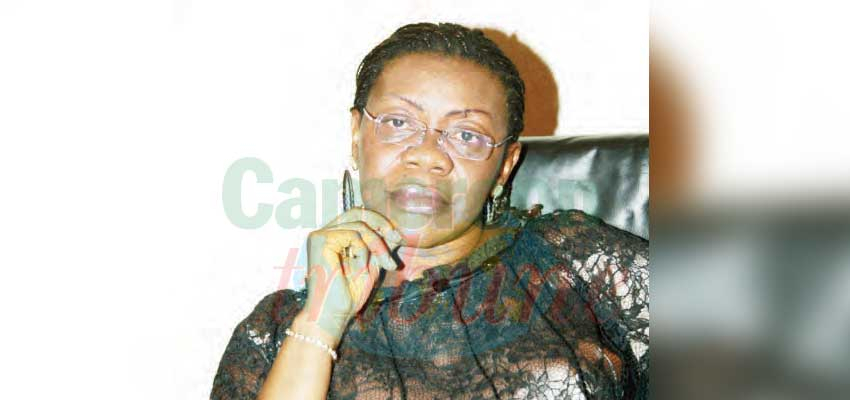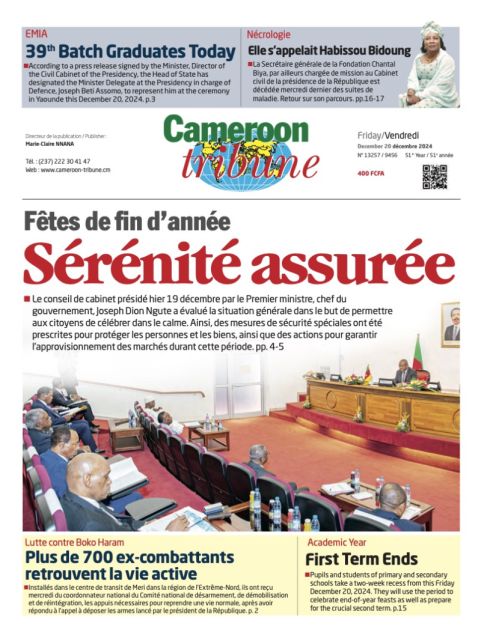Prudence
- Par Jérôme BAÏMELE (stagiaire)
- 05 avril 2017 14:23
- 0 Likes
“In determining a nation’s rank in political civilization, no test is more decisive than the degree in which justice, as defined by the law is actually realized in its judicial administration.”
When the late Professor Harold Laski of the London School of Economics and Political Science acknowledged this principle in his book, “A Grammar of Politics”, his main aim was to reiterate the rationale of meaningful politicking in a democracy. The learned professor knew that without an acceptable judicial process in administration, a community is robbed of an ingredient of political stability, peace and development.
President Paul Biya on 12 September 1991 added more to this democratic rationale when he said, “Let us be consistent as democrats. We cannot at one and the same time, do one thing and its contrary. We cannot avail of the freedom to forfeit the rights of others to the same freedom. Democracy does not confiscate freedom.”
What is this confiscation of freedom the President was talking of, and how can it be guaranteed in a democracy? It is respect of the principle of making sure that issues that rob the nation of democratic values are relinquished before they destroy what the nation needs to forge ahead in peace. The President’s instruction for the creation of a common law section at the Supreme Court, letting magistrates work where they master the language; recruitment of more Anglophones lecturers in the National School of Administration and Magistracy; increase in the number of English-speaking Judges in the nation’s highest courts, and setting up of a Common Law Department at the National School of Administration, portrays his commitment to the solution of a crucial problem. This decision comes up after the setting up of a Commission to see about the demands of bilingualism and biculturalism. This also portrays the President’s concern for an end to a crisis that could result in the loss of more lives and property.
After last week’s instructions by the President, an observer remarked that the Head of State had proven that he listens to his compatriots and acts to keep Cameroon “one” and indivisible. The President, he noted, had even done more than what the Common Law
lawyers asked for.”
While some people may not agree with this observer, the truth is that unlike some Cameroonians who consider the common Law lawyers’ complaints, a none-event, President Biya has proven to compatriots that he listens to them and acts with patriotism in spite of biased influence. The plea from fellow Cameroonians now is for the Head of State to continue with this good will which he started by seeing that the OHADA texts were made available in English, creating a Commission for the Promotion of Bilingualism and culturalism, and appointing its members.
Cet article complet est réservé aux abonnés
Déjà abonné ? Identifiez-vous >
Accédez en illimité à Cameroon Tribune Digital à partir de 26250 FCFA
Je M'abonne1 minute suffit pour vous abonner à Cameroon Tribune Digital !
- Votre numéro spécial cameroon-tribune en version numérique
- Des encarts
- Des appels d'offres exclusives
- D'avant-première (accès 24h avant la publication)
- Des éditions consultables sur tous supports (smartphone, tablettes, PC)
















Commentaires